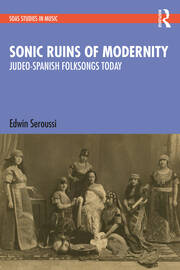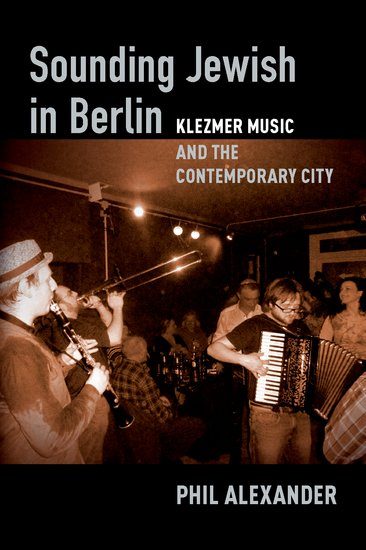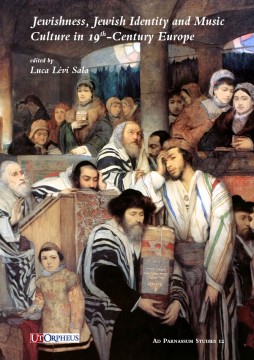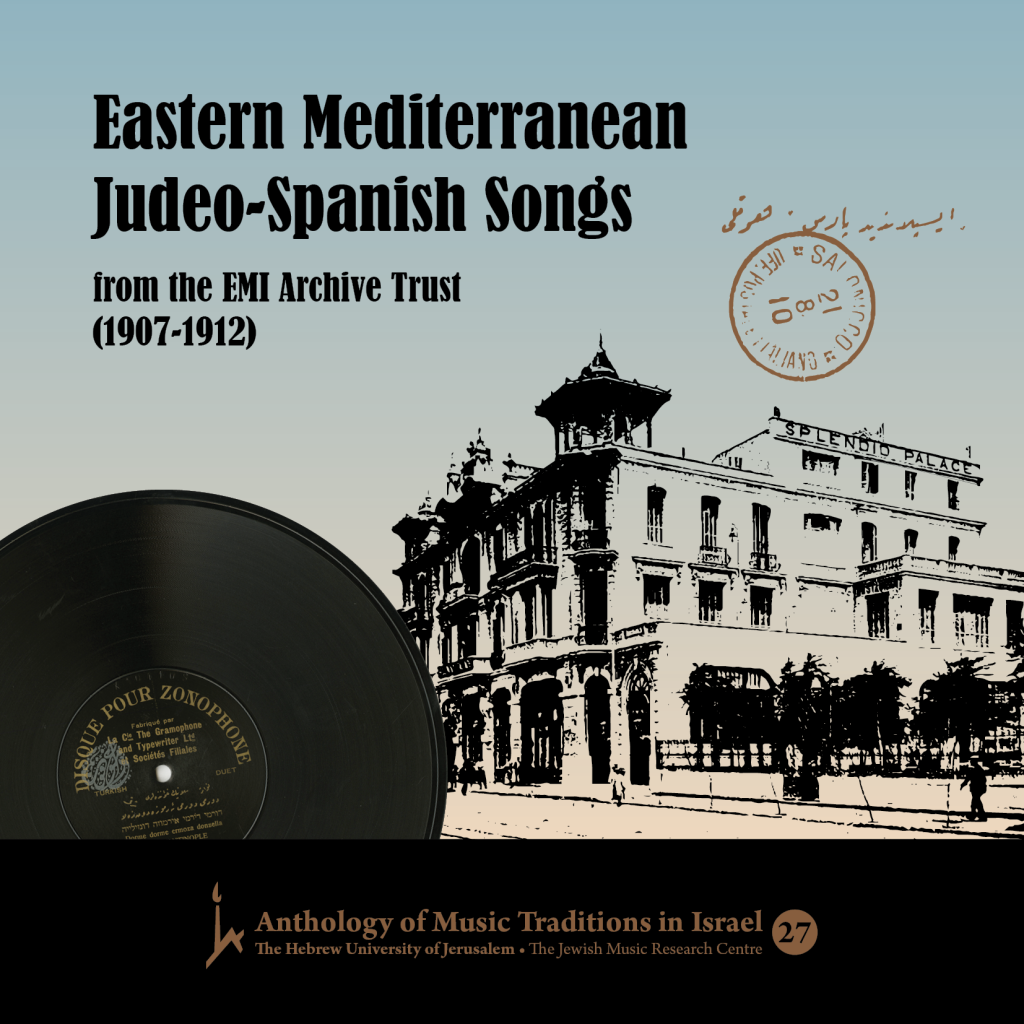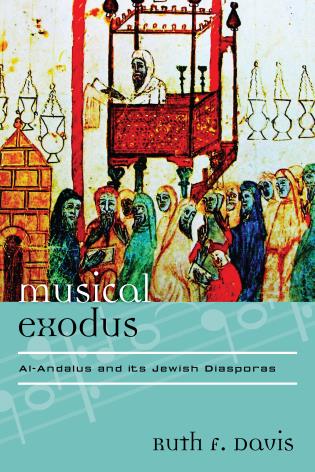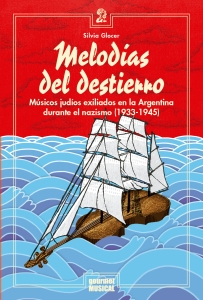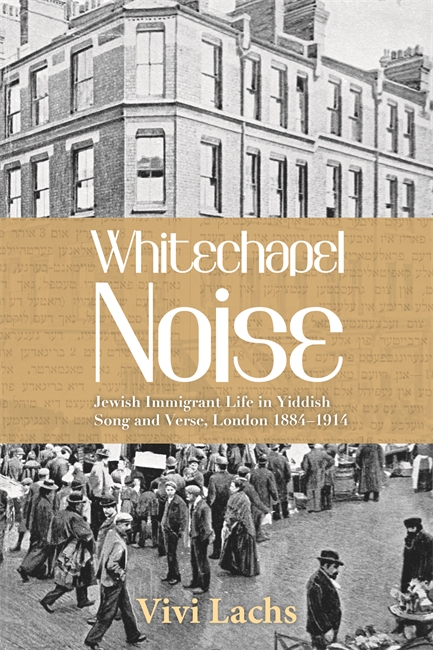Musical Exodus: Al-Andalus and its Jewish Diasporas. Ruth Davis. Lanham MD: Rowman & Littlefield. 2015.
Reviewed by Samuel Torjman Thomas
The Iberian Peninsula has served as a focal point for enhancing our understanding of early modern racism, the age of nautical exploration, migration, memory, the advent of European colonialism, and perhaps most intensely as the site of interreligious intersectionality between Muslims, Jews, and Christians and its consequences. The notion of diaspora has informed the work of many scholars in the modern academy. A topic of great interest in fields such as cultural anthropology and ethnomusicology, and even its own field, Diaspora Studies, diaspora has also long been a bedrock topic for Jewish studies. In this edited volume, Musical Exodus: Al-Andalus and its Jewish Diasporas, we find valuable contributions to discourses about Iberian history, Jewish culture, diaspora, and musical development.
Within this edited volume, we find a close analysis of the dynamics involved in several animating factors of the Sephardi diaspora, including schism, exile, mass emigration, resettlement, intraethnic synthesis, postmodernist imaginaries, and transnationalism. The title suggests a pluralization of the Sephardi diaspora, as an experience that perhaps informs an array of diasporas. We are encouraged to consider this community’s experience of collective identity development as multitudinal, touching several disparate geographical centers and moments on a timeline that stretches over five centuries. Through the included chapters and their focus on a field of expressive culture (music), we can better appreciate how the Jewish experience of diaspora involves much more than the reinforcement of some overarching and monolithic transnational community. We learn how the dynamics of the Jewish diaspora experience provide the necessary context for new transnational layers to emerge. While fraught on so many levels and in so many ways, these dynamics are reconceived in this book and represented as the location of the endurance of expressive culture. Music serves as the vehicle of choice here, as a means of navigating the emergence and realization of these new diasporic Jewish identities rooted in reproducing vibrant and vital connections to a Sephardi (Andalusian) homeland. [1]
Read the rest of this entry »
